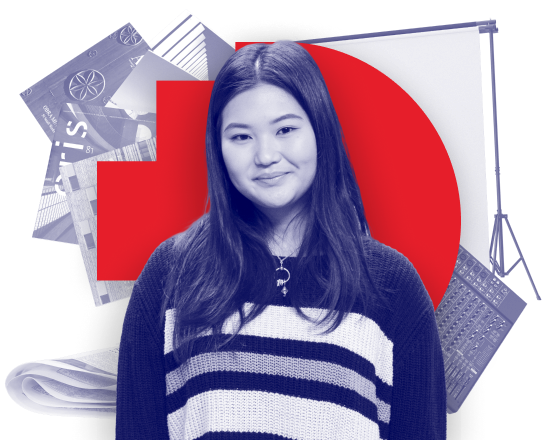As a graduate of the Bachelor of Arts (Music Industry), you will have honed the knowledge and skills required to pursue a career in the music industry, utilising creativity, critical and reflective thinking, professional practice, and a commitment to lifelong learning.
Not only will you be able to put your learning into practice to respond to the music industry’s multidisciplinary and always-changing environment, you will also have the skills to utilise specific skills in media and communication, problem-solving, planning, decision-making, innovation, and more.
Your Minor courses will allow you to develop specific expertise in your area of choice, and your broader studies throughout this degree will equip you with the knowledge required to analyse and evaluate music practices and theories in local, national and global communities and industry contexts.
You will be able to identify, evaluate, and critically analyse the cultural, historical and theoretical practices which contextualise your professional practice and enable further study.






